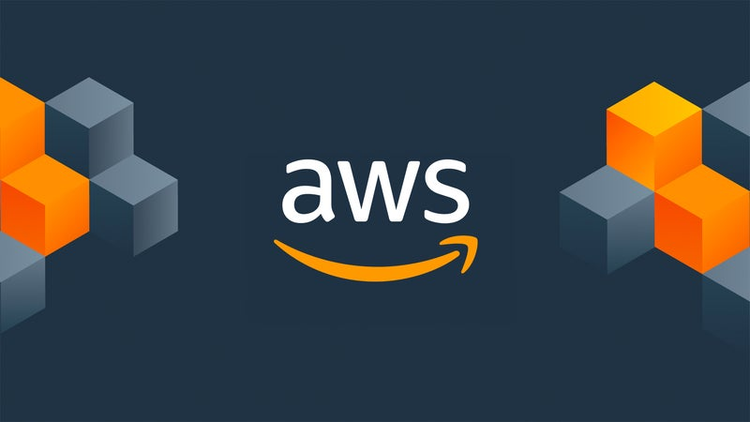The Future of AWS: How AI and Quantum Computing Will Transform Cloud Services

Published by Mike McNelis on January 15, 2025
The Future of AWS: How AI and Quantum Computing Will Transform Cloud Services
AWS, the foremost provider of cloud computing services, is strategic about the future of two major technology disciplines: artificial intelligence and quantum computing. These aren’t just additional offerings but fundamental shifts set to shape the evolution of cloud services.
AWS and AI: Pragmatic Integration
AWS has taken a pragmatic approach to artificial intelligence, focusing on simplifying machine learning for organizations without specialized data science teams. Amazon SageMaker was an early step, enabling easier model creation and deployment. Today, AI underpins many AWS products and services, from self-optimizing databases to predictive threat detection in security layers.
The launch of Amazon Bedrock signaled AWS’s entrance into the enterprise generative AI market, offering businesses a secure environment to build and deploy custom foundation models without the data privacy risks of public models. Rather than targeting consumer AI, AWS emphasizes domain-specific intelligence that solves practical business challenges.
Quantum Computing: Preparing for the Next Frontier
While AI represents the “next generation,” quantum computing could be considered the “generation after next.” Amazon Braket, AWS’s quantum computing service, offers access to multiple quantum hardware vendors under a unified interface, acknowledging that quantum technology is still evolving. By abstracting the backend, AWS makes quantum experimentation more accessible.
A notable aspect of AWS’s quantum strategy is its hybrid focus—using quantum processors where they excel and classical systems for everything else. This balanced approach makes quantum computing more practical in current environments while positioning customers for major breakthroughs as the technology matures.
Competitive Advantages for AWS Customers
By integrating AI and quantum solutions into its core cloud offerings, AWS provides customers with cutting-edge capabilities without requiring heavy infrastructure investments. This seamless availability can accelerate adoption, enabling organizations to stay ahead in an ever-evolving tech landscape.
These developments benefit both developers and industry specialists. Teams focused on AI or quantum can shift attention toward high-level applications, while those managing infrastructure can deliver greater value without needing deep expertise in these intricate domains.
Expanding the Realm of Possibilities
As these transformative technologies mature, computationally intensive tasks that once seemed out of reach—like simulating new materials or real-time global supply chain optimization—could become commonplace. Innovation will no longer be hindered by raw computational limits but rather fueled by individual and organizational creativity.
However, challenges persist around ethical use, governance, and environmental impact of AI, just as quantum computing faces technical hurdles. Yet, following AWS’s track record, these obstacles may be mitigated through pragmatic, scalable solutions that mirror how the company has evolved over time.
Back to All Posts

